The disasters faced
Four terrorists set four suicide bombs off across London – three on trains and one on a bus.
The story (as described in the documentary)
For a quick timeline and story on the inquest, the BBC website has a timeline of events. For the 7/7 Ten Years Later documentary though, we meet several survivors and family members who talk of their loved ones start to the day. Some are running late for work or on their way to work whilst others are on a journey out and about. Suddenly the bombs go off without warning. Three bombs at Algate, Russell Square and Edgeware Road go off – not at the stations but on moving trains – at 8.47am, still peak commenter time. Various survivors speak of their initial coming too and how they are either trapped or so wounded that cannot escape or fend for themselves. Of those is a particularly gutwrenching story of Gill Hicks, who has lost both her legs and is in need of emergency life support. She speaks of the screams of others as being a comfort because they reminded her she hadn’t died.
Passengers less hurt or on trains stopped going the opposite direction rush to help the injured but in some cases, people are slipping away. There are several accounts of how passersby stayed with these people so that they didn’t die alone. It must have been absolutely harrowing and indeed one helper speaks of how years later, he still copes with PTSD from the experience and what he saw. Thankfully, ambulance and fire crews arrive to help take over and in an uplifting conclusion, many of the survivors thank their medical personnel as we hear from the medical staff about the stresses they had to overcome too.
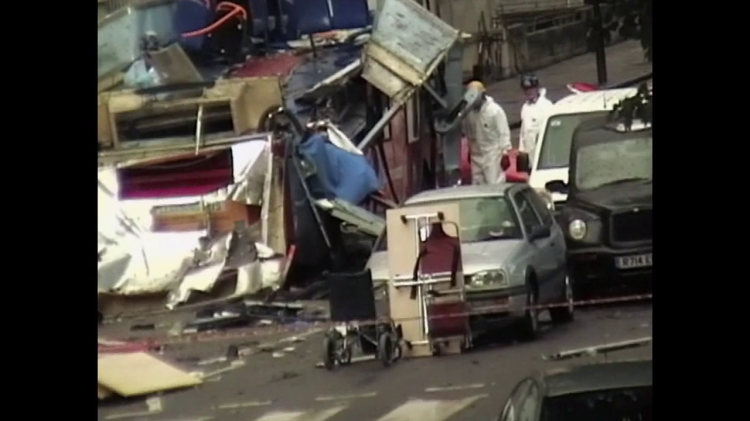
Each story is one of bravery, survival instinct and determination to hold on as long as possible. Most of the survivors interviewed have lost limbs and the event is always in their thoughts, but they’ve gamely soldiered on in life towards happiness. Gill Hicks’ story moves on to a charity she has set up too as she offers her thoughts on how anyone could be a “them” to someone’s “us”.
Whilst news footage and stock footage of the London underground are used, some of the most shocking footage is of the post-incident investigation tapes. Seeing the shell of the train looking like a mangled burned out husk gives you a tiny glimpse of what everyone went through.
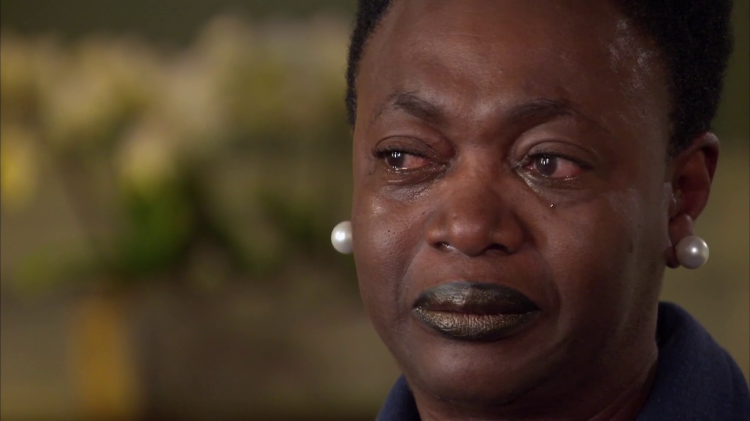
Why is it worth watching?
From a historical standpoint, the documentary doesn’t bog down too much on detail but focuses on the feelings that everyone was cycling through that day. The passengers fight to stay awake and stay alive. The rescue efforts and how they tried to keep calm. The families of the victims did not know what’s happened to their loved ones and their moments of realisation. The documentary does a great job of telling stories without becoming focused on the absolute brutality of it all. It is such a harrowing incident, these stories carry all the messages of hope, survival and determination on their own.
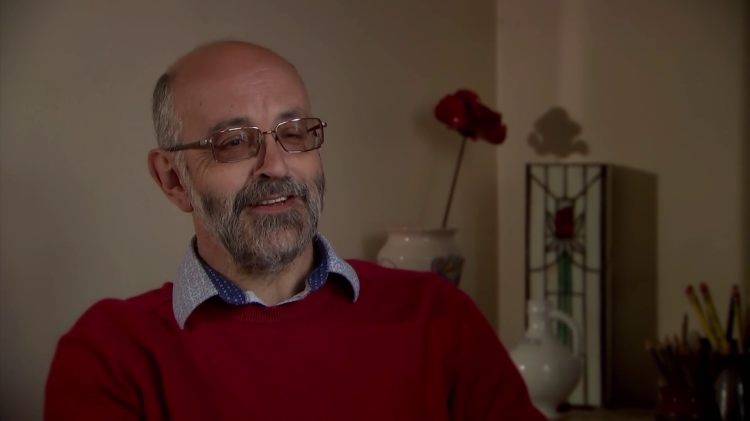
Favourite quote
“Every year I send him an email saying “thank you my guardian angel”
Thelma on what she does every 7/7
Three memorable moments
- Hearing Thelma talk about what she could see when she woke up under the train.
- Richard speaks on how much impact medical services and strangers helping can have on a human being.
- Gill’s thoughts on terrorism in general and how she wrestles to understand why a 19-year-old would want to be a suicide bomber.
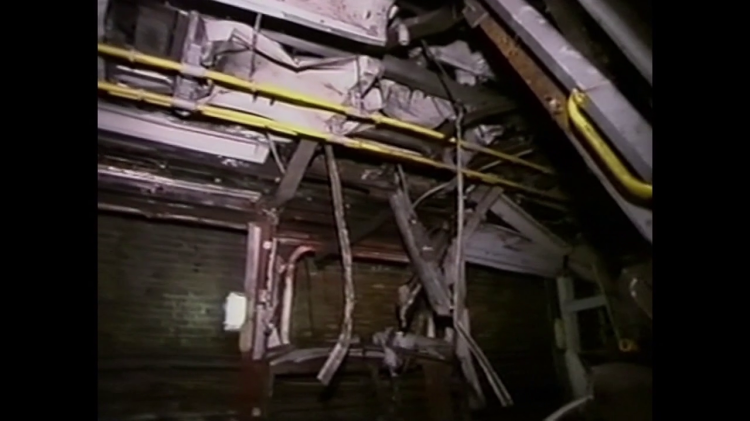
A personal reflection
As mentioned earlier, this specific attack hit home personally for me. At the time I was in a relationship with someone who worked in London and part of their commute involved going through a couple of the incident zones. I worked for Comet at the time (an electrical retailer) and so the first I heard of anything going on was when all the TVs in the shop display started to show the incident. At first, it wasn’t known to be a terrorist attack and so I hadn’t paid much attention to it and continued with my work. When reports of several incidents, including the bus explosion occurred, the news slant changed.
Back in 2005, mobiles were about but social media wasn’t embedded as a real-time source of information. That meant a blocked up text message service that quickly fell over was the only way to get in touch with anyone. So I sat in the TV section, doing paperwork so I could keep up with what was going on as 50 TVs around me all showed the latest pictures.
In actuality, my partner at the time had been through the zone earlier. He had a sister who also worked in London and so they walked to find each other across the city as all transport links had shut down. What that also meant was that there was no easy way home. In the end, they left work for the day by lunch and walked a good 15 miles out of London following the tracks to a place where they could be picked up. Eventually, phone service picked up again later that afternoon and the fog of confusion lifted. They were knackered but also impacted by the general confusion and chaos of London and spoke in the following weeks of general unease about being on trains and “sizing up anyone with a backpack”. Remember, this was new territory at the time – we’ve almost normalised this now.
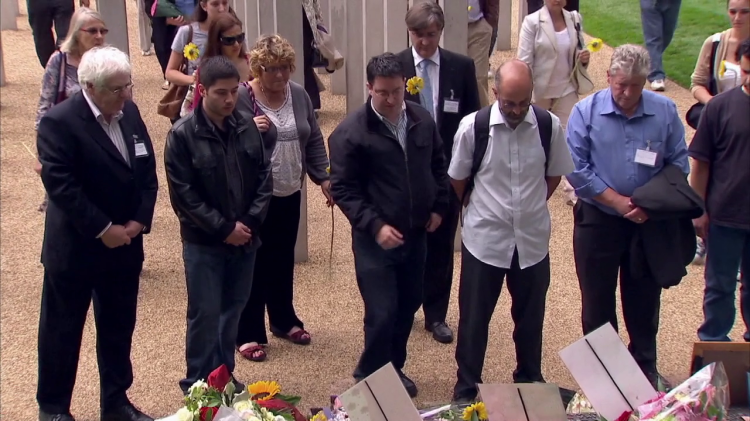
Even though the possibilities of either of them being on that train are so slim, it doesn’t stop the mind racing. Richard, one of the survivors, said in the documentary that he lost his innocence of safety that day. I totally understand what he meant as it feels totally random and you cannot influence it. That idea has stuck with me as the Westminster Bridge issue happened right outside where I work and would have had a walk at lunchtime and then on a commute to speak at a conference, I was a couple of trains away from the Parsons Green failed bomb too. In reality, the chances of getting caught up in an attack are ridiculously tiny but it felt oddly like a near-miss at the same time. I really appreciate the confirm your safe system that apps like Facebook have installed for events like these. I can also see the flipside of memes that The Onion would put out about posting that you are safe from an incident in another country. It is difficult to judge because it feels so random. Social media brings a lot of crap with it but in times of crisis, I appreciate being able to calm everyone down (especially when if you aren’t from an area, outsiders assume every incident happens to everyone).
Richards’ comments also remind me of conversations I’ve had with my parents, my mum especially. In 2017 when there were several attacks in a short space of time, my mum asked me to quit my job and find something else. She is someone who is extremely cautious and it feels like the media has spun her into a frenzy in recent years. It oddly feels like giving up if I were to change jobs though. I have no particular affinity or love for London, but that felt like losing the battle if I changed my life because of someone else’s whim to end theirs.
My brain went back and forth a bit to rationalise my thoughts on this stance. I was a few trains away from the Parsons Green failed attack so I wasn’t really there, and it failed anyway so it didn’t really happen. I could get run over by a bus crossing the road and that feels like the same odds. There is actually an entire blog post someone has written about the chances of being killed or injured in a terrorist attack and it’s as likely as being struck by lightning. Still, I don’t go outside in a storm with an antenna, so why commute to London? Some things just feel out of your control and even after a “phew, that was closer than I’d have expected” moment, you soon get weary and back into the tunnel vision of work, bills and money.
One last observation is how post-attack and post-pandemic (we’re still in it but you know what I mean) behaviour on the London transport system feels similar. After each of these bombings or attacks, there is a space and slight unease for a few weeks as people pay more attention to what is around them. It is the same as travelling during the pandemic too. Everyone sitting in every other seat, mask-wearing etc. Now as we get more settled, that space and awareness reduce down over time. In a few weeks, days even, tubes are crammed with people like sardine cans. The same can now be said at commuter times in London now. It feels like being lulled into a false sense of security, ready and waiting for the inevitable next chapter.
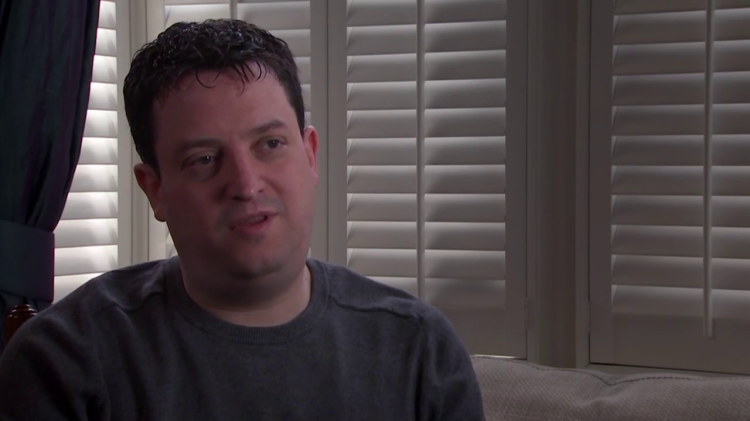
Conclusion
7/7 London Bombings: Ten Years Later is a short, sharp and well-produced documentary that tells the stories of some of the families most affected. It also acts as a great example of the human spirit and resolve.
Rating: 3 / 5 – Good
If you enjoyed 7/7 London Bombings: Ten Years Later, then you may also like:
- 11M – Terror in Madrid – A heartfelt documentary on the Madrid Bombings.
- November 13: Attack on Paris – A shockingly tense documentary series on the Paris attacks.
- Fire in Paradise – Hard-hitting documentary on the wildfire of Paradise.

I Love Disaster Movies is part of the Higher Plain Network. If you like what I do, and would like to help me make better and more content then please consider supporting me via Patreon for as little as $1 or £1. Thank you.
Source link

